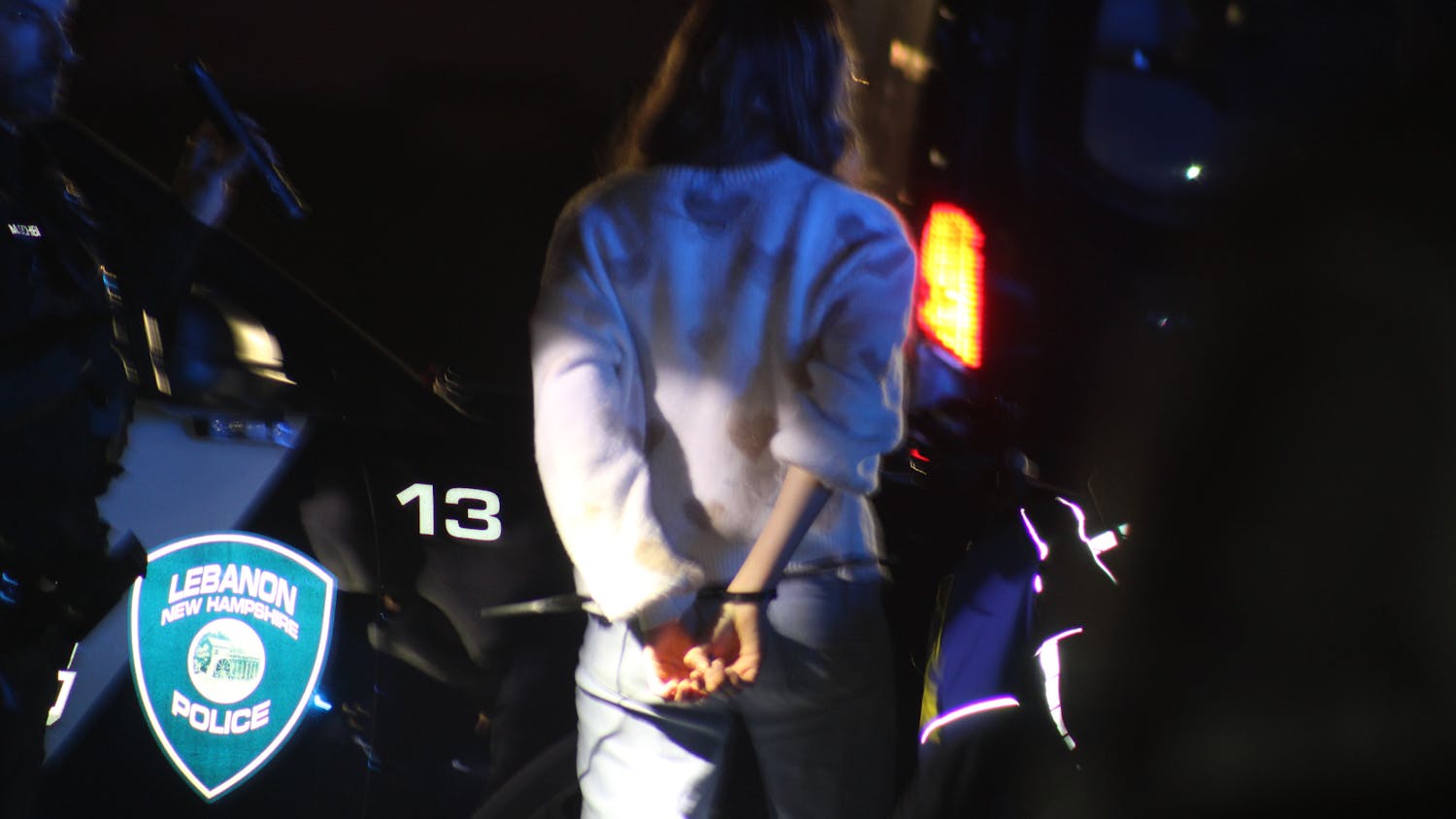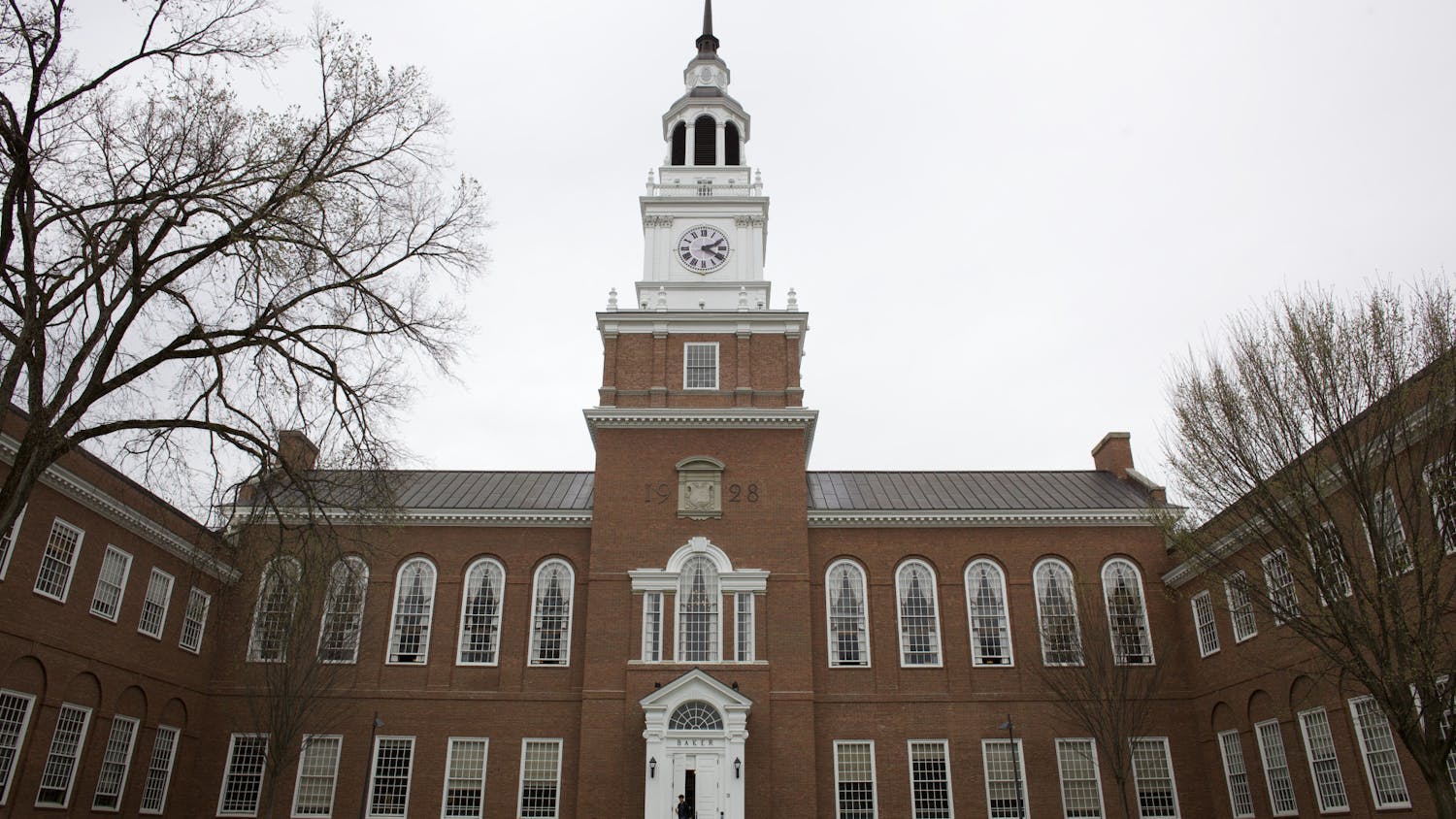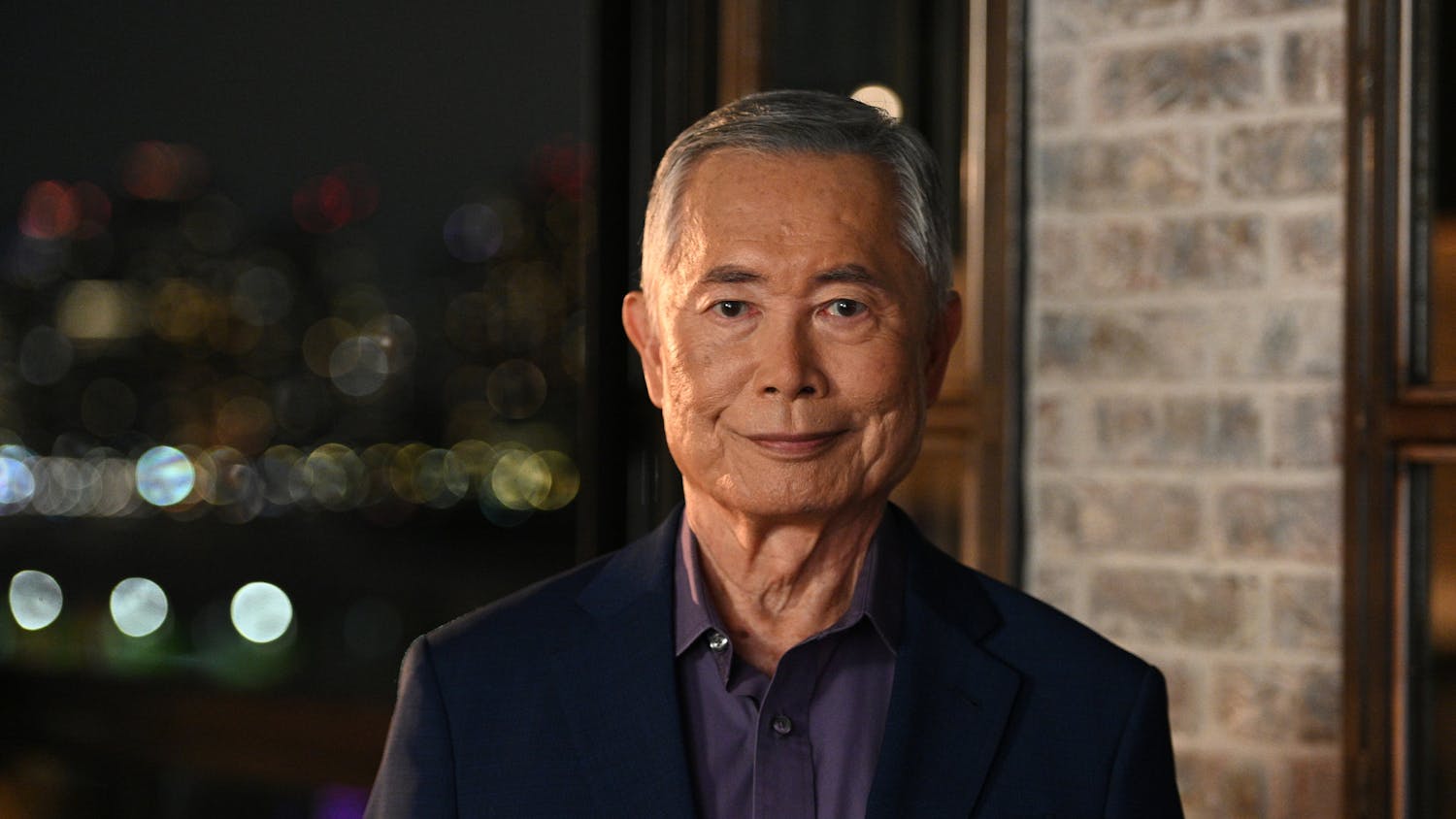Miriam Kilimo ’14, Ridwan Hassen ’15 and Colin Walmsley ’15 have been named Rhodes Scholars and will follow Jonathan Pedde ’14 and Joseph Singh ’14, who won Rhodes Scholarships last year, to Oxford University. The three bring Dartmouth’s total Rhodes Scholars count to 78.
This year the most-represented American school is Yale University, with five winners. Brown University, Princeton University, Harvard University and the Massachusetts Institute of Technology also had three winners, Stanford University had two winners, and the University of Pennsylvania and Cornell University each had one winner. No students were selected from Columbia University. Harvard leads the overall total with 350.
Kilimo, Hassen and Walmsley will join a class of over 80 students next October, where they plan to continue their studies in women’s studies, public policy, neuroscience and computational biology and anthropology, respectively.
At Dartmouth, Kilimo majored in anthropology, which she said has informed her research on female circumcision in Kenya and how the practice relates to women’s identity and sexuality. She spent the fall doing research and on-the-ground work in her hometown of Nairobi, Kenya. She said she hopes to pursue a Ph.D. after obtaining her master’s, ultimately joining academia in Kenya as an anthropologist.
Kilimo’s most influential academic experience at Dartmouth was studying nationalism and ethnicity during her senior fellowship, she said. During the program, participants pursue a yearlong research project in lieu of taking classes.
Kilimo said that her involvement in Rockefeller Leadership Fellows, a yearlong program that brings a group of seniors together for weekly meetings with various guest speakers, prepared her for the Rhodes application process. By teaching her how to interact well in a formal environment, she said, the program “normalized” the Rhodes application process.
“I remember going into my interview saying, ‘This is normal. I’ve done this before. This is just an extension of things that I’ve done at Dartmouth,’” she said.
Kilimo said she also sought advice from Singh to help with the process.
Anthropology professor Sergei Kan, who served as Kilimo’s advisor during the fellowship, said he expects Kilimo to become one of the country’s and the region’s most prominent anthropologists.
He added that Kilimo’s senior thesis was both an exercise in academic work and also a personal journey. The thesis included narrative and autobiographical elements, he said.
“She wasn’t just writing about some country — it was her country that she cares about very deeply,” Kan said.
Rockefeller Center deputy director Sadhana Hall said the fellowship program benefited from Kilimo’s presence, and added that it was “a blessing” to know her. Kilimo, whom Hall called a “Rocky baby,” participated in six of the center’s programs over her four years at Dartmouth.
Kilimo applied for the scholarship through the Kenyan application process, which has a different schedule from that of the U.S. or Canada, assistant dean of scholarship advising Jessica Smolin wrote in an email. In her time at Dartmouth, she was also a salutatorian, a tutor at the center for Research, Writing and Information Technology, an undergraduate advisor and a member of the Dartmouth African Students Association, Christian Union, Casque and Gauntlet senior society and Jabulani African Chorus.
An anthropology and government double major at Dartmouth, Walmsley, of Ford MacLeod, Canada is currently writing a thesis in both departments. His anthropology thesis looks at how LGBTQ homeless youth create community, while his government thesis analyzes state responses to secessionist movements.
At Dartmouth, Walmsley also plays for the rugby team, hosts a weekly radio show on 99 Rock and sings with the Brovertones a capella group.
Walmsley was one of six Dartmouth rugby players to be named an Academic All-American by USA Rugby for the 2013-14 season, an honor requiring an athlete to be a consistent starter and hold a cumulative GPA of 3.7 or higher.
Craig Patton, athletic director at F.P. Walshe High School, in MacLeod, and Walmsley’s longtime rugby coach and mentor, said everyone in Walmsley’s hometown reacted to the senior’s accomplishment with pride. Receiving an award with the level of international prestige that accompanies the Rhodes, he said, is uncommon in rural Alberta.
“He’s the kind of person that everybody rallied around because of the example that he was setting,” he said. “Everybody worked that much harder because Colin was working harder than everybody else.”
A trip to Indonesia during his gap year sparked an interest in anthropology, Walmsley said.
“Coming from a small town and not having that diversity really made me interested in other cultures and other ways of seeing the world,” Walmsley said.
To research his anthropology thesis, Walmsley traveled to New York City last summer to speak with young, homeless LGBTQ people.
“I want to be able to bridge this gap between marginalized groups in society and general society,” he said, “because I feel that a lot of the time we don’t really understand marginalized groups, and this leads to discrimination.” Anthropology professor and Walmsley’s thesis advisor Sienna Craig said Walmsley exemplifies the Rhodes Scholar while representing how the people and projects supported by the foundation have changed over time.
As a gay man and rugby player from a rural Canadian town, Walmsley defies stereotypes, Craig said.
Oxford’s strong visual anthropology program drew him to apply for the scholarship, Walmsley said. At the university, he plans to continue his anthropology research and incorporate documentary filmmaking.
Walmsley said he hopes to use film to help educate people about marginalized groups.
“They have goals, they have history, and they’re people just like everybody else,” he said.
Hassen, of Marietta, Georgia, is Dartmouth’s first American to win since Gabrielle Emanuel ’10. One of five children of refugees from Somalia and Ethiopia, he once considered dropping out of high school so he could work full-time to support his family. But he stayed in school, Hassen said, crediting encouragement from an influential statistics teacher.
Hassen studies computer science and neuroscience at Dartmouth and plans to study public policy at Oxford University, he said, noting interests in health and education.
“For me it doesn’t seem like a switch,” he said of his academic plans, noting his consistent involvement in mentorship and interest in education policy.
He would also like to continue his studies in neuroscience and computational biology at Oxford, he said.
Hassen has long been involved with his community, but since coming to Dartmouth he said he has mentored a growing number of students from minority groups in Georgia who are interested in STEM subjects and has given speeches at his high school.
“One of the main reasons I applied is that a lot of people who come from similar backgrounds as mine think they can’t get it,” Hassen said.
Hassen started college at Emory University, just a short drive from home. There, he founded an AIDS activist organization and was involved with the NAACP, helping coordinate volunteers and run a voter registration drive.
When his sister Halimo Hassen ’17 was applying to Dartmouth, he began to think about transferring. Hassen had started to consider the Rhodes Scholarship, and he felt he would be “overlooked” for it at Emory, he said. He transferred to Dartmouth in fall 2013.
Hassen credited assistant dean of scholarship advising Jessica Smolin with helping him prepare, organizing practice interviews that were harder than the real ones and providing useful feedback, he said.
“I don’t think I would have gotten that at any other institution,” he said.
Fellow Rhodes Scholar Kilimo also helped him prepare. After Hassen learned Kilimo had won the scholarship, he reached out to her asking for advice, Kilimo wrote in an email. They had a two-hour Skype call before his interview where Kilimo shared her experiences.
At Dartmouth, Hassen is an undergraduate advisor in the Choates residence hall, has researched autism at Dartmouth-Hitchcock Medical Center, is involved with the First-Year Student Enrichment Program, is a member of the Dartmouth Endurance Racing Team, and is a Collis Center manager. His brother Hassan Hassen ‘18 recently matriculated.
Graduate student Heidi Hough, another Collis manager who has worked with Hassen, praised his intellectualism.
“Ridwan is able to hold really big ideas in his mind about everything from spirituality to neuroscience, and he has a very strong understanding of the entire interdisciplinary consciousness,” she said. “He is so humble and so gracious and so thoughtful, he makes everyone feel as if they’re the most special person on earth.”
The article has been revised to reflect the following correction:Correction appended: Jan. 6, 2015 The original version of this article stated that Harvard University had two students who were awarded Rhodes Scholarships in 2014. In fact, Harvard had two American students and one international student who named Rhodes Scholars.



